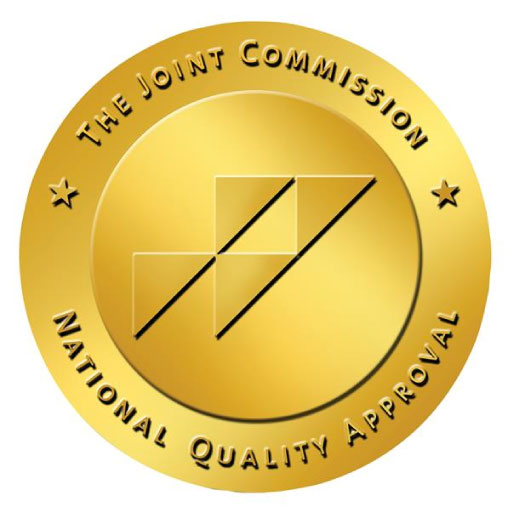Although derivatives of opium have been used for thousands of years for pain relief and mood alteration, we are now in the midst of an all-out crisis due to the complexities of the pharmaceutical industry and the modern distribution of street drugs. Opioids such as oxycodone and morphine are commonly used to treat patients in severe pain during and after surgery, or those experiencing chronic pain, despite research suggesting that a combination of over-the-counter medications is more effective. Fentanyl is a synthetic version of these popular drugs that is between fifty and one hundred times stronger than morphine. Fentanyl may be prescribed, but it is also produced illegally and sold on the street.
We help people with addictions and substance use disorders recover. Get mindfulness training and learn the 12 Steps for deeper healing.
Effects of Fentanyl
The intense effect of fentanyl use occurs quickly but only lasts around two hours. The illegal version can look like a powder, a liquid, a nasal spray, or a pill. These pills are often sold by dealers who promise buyers that they are purchasing authentic oxycodone or other prescription opioids. Because fentanyl is significantly stronger, dealers can sell less of it for the same price as other drugs, making them more money and keeping their clients hooked. This scenario has become startlingly common and has significantly increased the dangers of an overdose in individuals addicted to prescription opioids. Additionally, some dealers have begun adding fentanyl to other drugs such as cocaine and MDMA to cut costs and create a more intense high for users. This combination is extremely dangerous as well and has led to many deaths in individuals who were unaware of what they were taking.
Fentanyl and the Brain
It is important to understand that opioids are naturally produced by the brain to perpetuate the brain’s reward system. Our brains are wired to recognize certain behaviors as critical for survival and to reward those behaviors by sending pleasure signals and creating an overall sense of wellbeing. Over time, we learn to crave and repeat these behaviors, such as eating, sex, and exercise. Opioids can diminish pain and create a calming effect, but the body is not equipped to create enough naturally occurring opioids to manage severe pain. For this reason, doctors have long prescribed additional opioids for pain management. These drugs overstimulate the reward system, leading to a feeling of euphoria as well as the potential for drug abuse.
Fentanyl affects the brain in much the same way as other opioids but may speed up the process due to its increased potency. The drug can create euphoria, or extreme happiness, but may also lead to nausea, drowsiness, confusion, and difficulty breathing. Individuals who are unknowingly ingesting fentanyl while attempting to use other types of recreational drugs are more likely to fall into addiction, eventually losing sight of other priorities and focusing on obtaining more drugs.
Potential for Overdose
Because the high from fentanyl use is extremely powerful but also short-lived, the potential for overdose is higher than with many other opioid drugs. Additionally, many people are using fentanyl without their knowledge, which makes it difficult to regulate intake. Rapper and producer Mac Miller died from a drug overdose in 2018, and three of the men involved in the making and distribution of the drugs he purchased have now been charged in his death. It seems that Miler intended to purchase oxycodone, and was not aware that the drugs he was buying and using were laced with fentanyl. The government has begun to crack down on dealers that are playing this dangerous game with their clients due to the unprecedented amount of deaths that have resulted from similar scenarios.
Fentanyl overdose causes the user’s breathing to drastically slow or stop entirely, which leads to a shortage of oxygen in the brain known as hypoxia. This can cause coma, brain damage, or death. While overdose can sometimes be treated if caught in time, it can be difficult to identify a fentanyl overdose if the drug was taken unknowingly or mixed with other drugs. There is a medicine, however, called naloxone, which can block the effects of opioid drugs if taken immediately after an overdose. It is important to seek emergency services as soon as possible if you suspect someone has overdosed.
Treating Fentanyl Addiction
Just as with all opioids, those addicted to fentanyl should seek treatment from a professional addiction recovery center. Withdrawal from fentanyl can be severe, and the symptoms may push an addicted individual to relapse. Professional treatment can help manage withdrawal symptoms such as body aches, sleep issues, diarrhea and vomiting, and extreme cravings. Treatment for addiction can also help address underlying psychological issues and trauma that may have led to substance abuse.






